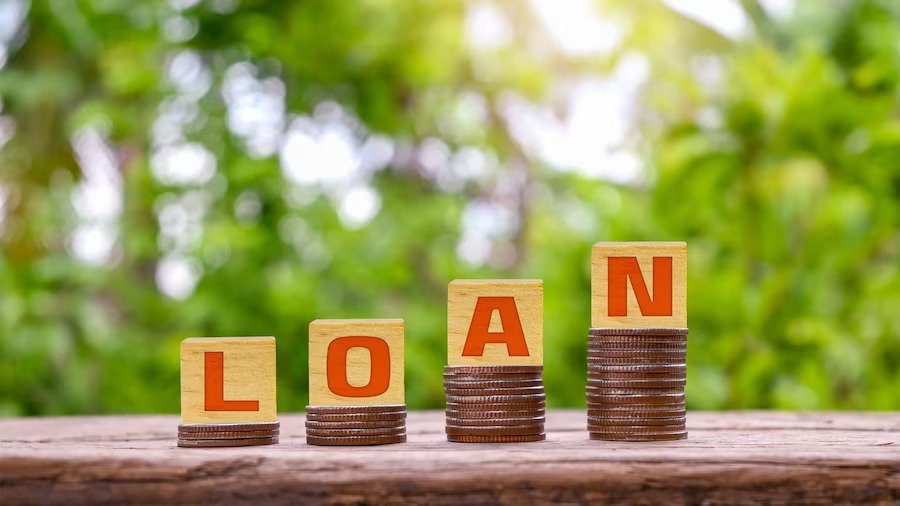- How To Refinance Your Mortgage
- A. Set A Clear Financial Goal:
- B. Check Your Credit Score And History:
- C. Determine How Much Home Equity You Have:
- D. Shop Multiple Mortgage Lenders:
- E. Get Your Paperwork In Order:
- F. Prepare For The Home Appraisal:
- G. Come To The Closing With Cash, If Needed:
- H. Keep Tabs On Your Loan:
- How Does Refinancing Save You Money?
- I. Lowering Your Monthly Payments:
- Ii. Repaying Your Loan In Less Time
- Iii. Reducing The Total Interest You Pay On Your Loan:
- When Should You Consider Refinancing?
- Conclusion
Refinancing Your Mortgage: When And How To Save Money
November 9, 2023

Refinancing is replacing an existing mortgage with a new one, typically to secure better terms, lower interest rates, or achieve specific financial goals. Homeowners refinance a home mortgage to reduce monthly payments, repay the loan faster, or save on total interest payments. By obtaining a new loan with improved terms, borrowers can enhance their financial stability and save substantial amounts of money over the life of the loan. Refinancing offers an opportunity to optimize a mortgage to better align with the homeowner’s current financial situation and objectives.
How To Refinance Your Mortgage
Mortgage refinancing can be simple and quick if you’re prepared to refinance your existing loan before rates rise again. You can pay off credit card debt, retire student loans, or fund home improvements. Get started with these mortgage refinancing tips:
A. Set A Clear Financial Goal:
Before diving into the refinancing process, it’s essential to define your financial objectives. Do you want to lower your monthly payments, pay off your loan faster, or save on interest? Having a clear goal will guide your decisions throughout the refinancing journey.
B. Check Your Credit Score And History:
Your credit score plays a significant role in determining the interest rate you qualify for. Obtain a copy of your credit report, review it for errors, and work on improving your credit score if needed. A higher credit score can help you secure a better refinancing deal.
C. Determine How Much Home Equity You Have:
Lenders often require a minimum amount of home equity to approve a refinance. Calculate your loan-to-value ratio (LTV) by dividing your current loan balance by your home’s appraised value. The higher your equity, the better refinancing terms you can expect.
D. Shop Multiple Mortgage Lenders:
Don’t settle for the first offer you receive. Contact multiple lenders, including banks, credit unions, and online mortgage providers. Compare their interest rates, fees, and terms to find the most favorable option tailored to your financial needs.
E. Get Your Paperwork In Order:
Prepare essential documents such as proof of income, tax returns, and information about your current mortgage. Having these documents ready can expedite the refinancing process and make it smoother for both you and the lender.
F. Prepare For The Home Appraisal:
Your home will be appraised to determine its current market value as part of the refinancing process. Ensure your property is well-maintained and presentable to increase its appraised value, which can positively impact your refinancing terms.
G. Come To The Closing With Cash, If Needed:
Refinancing involves closing costs, similar to when you initially purchased your home. Save some cash to cover these expenses, including application fees, appraisal fees, and title insurance.
H. Keep Tabs On Your Loan:
After refinancing, stay informed about your new loan terms, monthly payments, and any changes in interest rates. Regularly review your mortgage statements and communicate with your lender if you have any questions or concerns.
How Does Refinancing Save You Money?
I. Lowering Your Monthly Payments:
One of the primary reasons homeowners refinance is to reduce their monthly mortgage payments. By securing a lower interest rate or extending the loan term, you can decrease your monthly financial burden, freeing up funds for other essential expenses or savings.
Ii. Repaying Your Loan In Less Time
Refinancing allows you to pay down your mortgage more quickly. If your finances allow, consider refinancing to a shorter loan term, such as a 15-year mortgage. Even though your monthly payments may go up, you will save substantial money on interest throughout the loan.
Iii. Reducing The Total Interest You Pay On Your Loan:
A lower interest rate lowers your monthly payments and reduces the total interest paid over the loan’s duration. By refinancing at a more favorable rate, you can save tens of thousands of dollars in interest payments, making it a wise financial move in the long run.
When Should You Consider Refinancing?
Knowing the right time to refinance is crucial. Here are some scenarios in which refinancing might be advantageous:
· Interest Rates Have Dropped
· Your Credit Score Has Improved
· You Need to Tap Into Home Equity
· You Want to Switch to a Fixed-Rate Mortgage
· Your Financial Situation Has Improved
Conclusion
In conclusion, refinancing can lead to lower monthly payments, a shorter loan term, and a lower interest rate overall. It is a prudent financial decision. To make the most of this opportunity, set clear goals, assess your credit, evaluate the value of your home, compare lenders, and gather the necessary documentation. Refinancing is a wise decision when interest rates are lower, your credit improves, or your financial situation improves. To ensure substantial savings and sound financial standing, consult experts, weigh benefits and drawbacks, and align refinancing with long-term goals.
Read Also:










